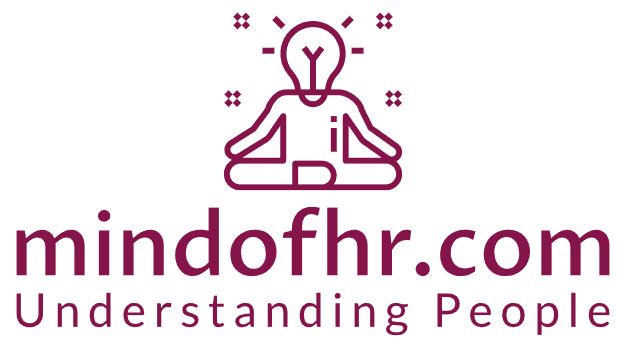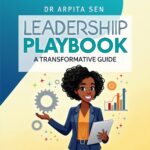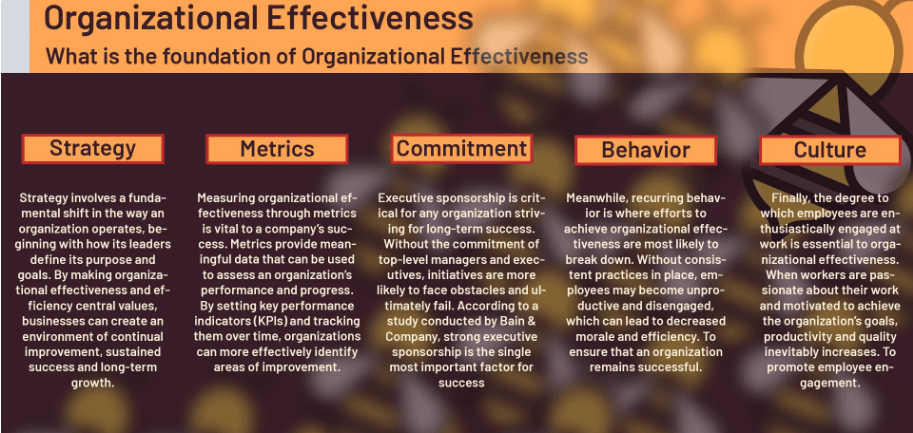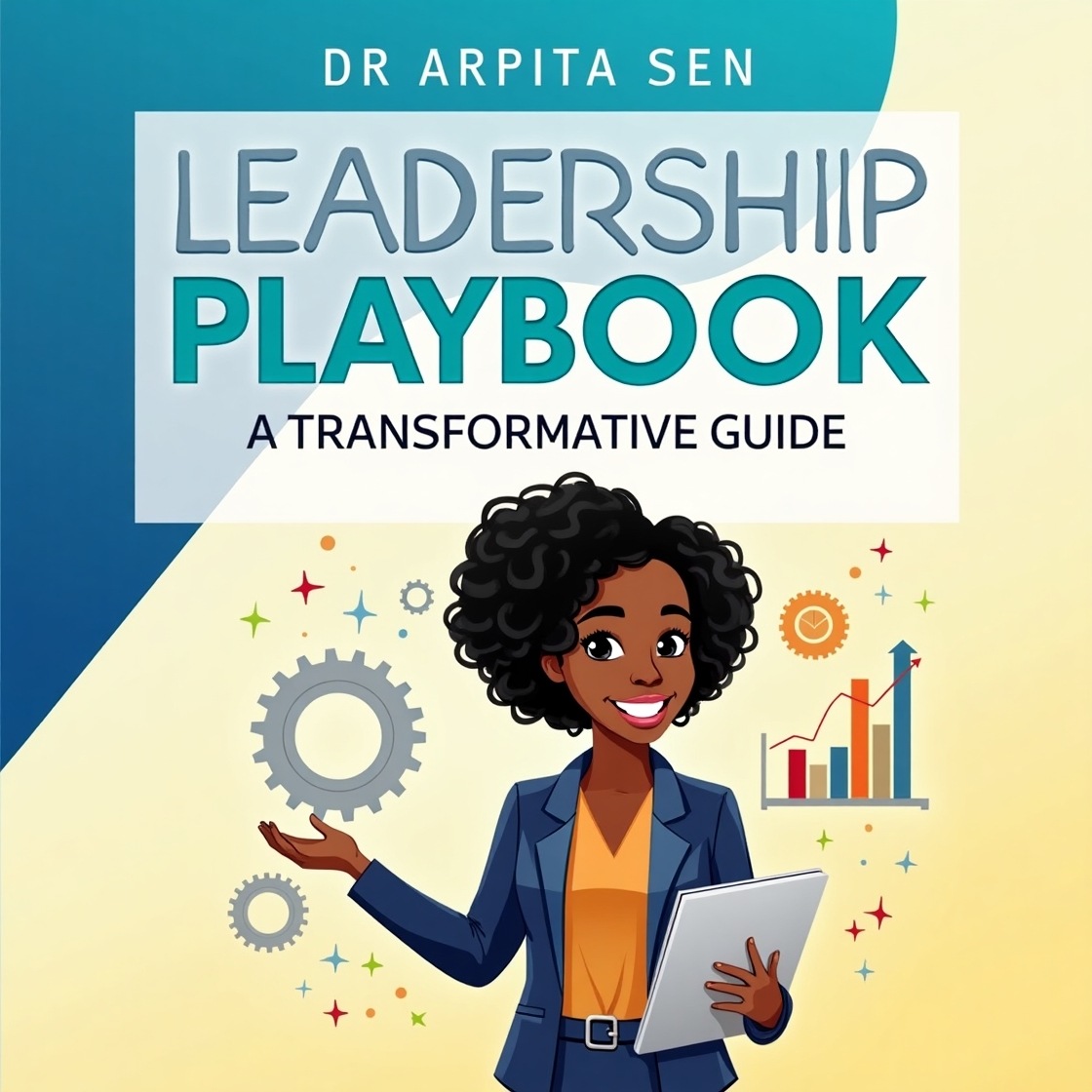As an Organizational Effectiveness (OE) practitioner, it is crucial to possess a deep understanding and mastery of the various domains within Human Resources (HR) in order to drive sustainable organizational success. Here’s a closer look at the key skills an OE practitioner should master in each HR domain:
Talent Management
- Workforce Planning: Ability to analyze workforce data, identify talent gaps, and develop strategies to attract, retain, and develop the right talent.
- Succession Planning: Expertise in identifying and nurturing high-potential employees to ensure leadership continuity.
- Employee Engagement: Skills in designing and implementing programs that foster employee motivation, satisfaction, and commitment.
Diversity Management
- Diversity & Inclusion: Proficiency in creating an inclusive work environment that celebrates diversity and mitigates bias.
- Cultural Sensitivity: Ability to understand and navigate cultural differences, both within the organization and in the broader market.
- Equal Opportunity: Knowledge of relevant laws and regulations to ensure fair and equitable HR practices.
Training & Development
- Needs Assessment: Capability to identify skill gaps and training requirements across the organization.
- Learning Program Design: Expertise in developing and delivering effective training programs that align with organizational goals.
- Performance Management: Skills in designing and implementing performance management systems that drive continuous improvement.
Reward Management
- Compensation & Benefits: Ability to benchmark and design competitive compensation and benefits packages.
- Total Rewards Strategy: Expertise in aligning reward systems with the organization’s strategic objectives and talent management goals.
- Employee Recognition: Skills in creating recognition programs that motivate and retain top talent.
Employee Relations
- Conflict Resolution: Proficiency in mediation, negotiation, and problem-solving to address workplace conflicts.
- Grievance Handling: Expertise in managing employee grievances and disciplinary procedures in a fair and consistent manner.
- Labor Relations: Knowledge of labor laws and regulations to ensure compliance and maintain positive employee-employer relationships.
Beyond the HR domains, an OE practitioner should also possess a deep understanding of the following areas:
Business Strategy
- Strategic Alignment: Ability to align HR initiatives with the organization’s overall business strategy and objectives.
- Change Management: Expertise in leading and managing organizational change to drive continuous improvement.
- Process Improvement: Skills in applying lean and Six Sigma methodologies to streamline organizational processes and enhance efficiency.
Data Analytics
- HR Metrics & Reporting: Proficiency in collecting, analyzing, and interpreting HR data to make data-driven decisions.
- Predictive Analytics: Ability to leverage HR analytics to anticipate and address talent-related challenges.
- Visualization & Storytelling: Skills in presenting HR insights in a compelling and impactful manner.
Organizational Design
- Organizational Structure: Expertise in assessing and designing organizational structures that support the achievement of strategic objectives.
- Workforce Optimization: Ability to align the organization’s people, processes, and technology to maximize productivity and effectiveness.
- Culture Shaping: Skills in cultivating a positive organizational culture that fosters engagement, collaboration, and innovation.
By mastering these skills across the HR domains and beyond, OE practitioners can position themselves as strategic partners, driving organizational effectiveness and enabling their organizations to thrive in the ever-evolving business landscape.











